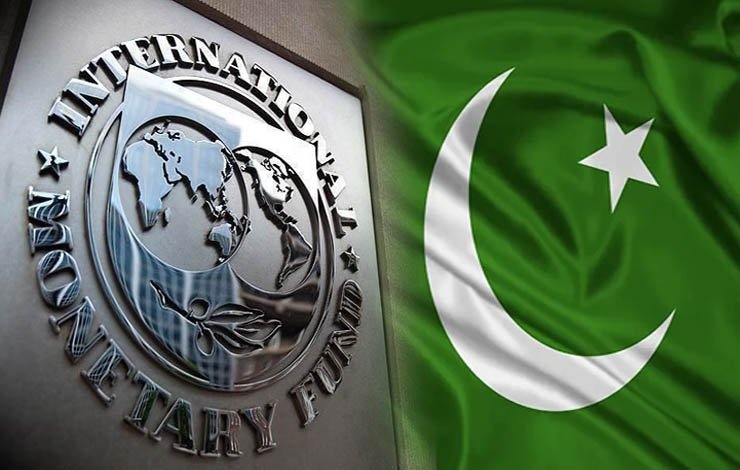IMF-Pakistan agreement: Is govt able enough to implement conditions?
Analysts termed conditions of improved accountability and strengthened governance 'difficult for the coalition government to implement them'.

The International Monetary Fund (IMF) and Pakistan have signed an agreement for the disbursement of another tranche of loans to the crisis-hit country under tough conditions which will be a test case for the coalition government.
Pakistan will receive $1.17 billion subject to board approval of IMF followed by the release of total disbursement worth $4.2 billion.
IMF staff and the Pakistani authorities have reached a staff-level agreement on policies and an agreement reached for combined 7th and 8th reviews of Pakistan’s Extended Fund Facility (EFF).
The agreement is subject to approval by the IMF’s Executive Board.
High international prices, and a delayed policy action worsened Pakistan’s fiscal and external positions in FY22
Worsening led to significant exchange rate depreciation, and eroded foreign reserves, according to a publication.
The immediate priority is to stabilise the economy through the steadfast implementation of the recently approved budget for FY23, continued adherence to a market-determined exchange rate,
Pakistan needs a proactive and prudent monetary policy. It is important to expand social safety to protect the most vulnerable and accelerate structural reforms including improving the performance of state-owned enterprises (SOEs) and governance.
It was learnt that the IMF loan package was now standing at $7 billion. The loan program was scheduled to end in September 2022 which is now extended till June 2023.
Pakistan and IMF had signed an agreement in July 2019 for $6 billion and the country has so far received $3 billion.
Following the IMF board approval, Pakistan will get $1.17 billion and the total disbursement from the global financial institution will reach $4.2 billion.
In its remarks, the financial institution urged the Pakistani government to focus on improved accountability measures and strengthened governance.
To improve governance and mitigate corruption, the authorities are establishing a robust electronic asset declaration system.
Pakistan has also plan to undertake a comprehensive review of the anti-corruption institutions, including the National Accountability Bureau (NAB) to enhance their effectiveness in investigating and prosecuting corruption cases.
Analysts gave their opinions on the latest development of the Pakistan-IMF agreement and termed the conditions set for loan disbursement ‘difficult for the coalition government to implement them’ in terms of improved accountability and strengthened governance. They said that the coalition parties in the incumbent government have the background to use accountability as a tool to control its political opponents.
The latest move in the series was reopening different cases against the opposition leaders including the formerly ruling party, Pakistan Tehreek-e-Insaf (PTI), Awami Muslim League (AML), Pakistan Muslim League Quaid (PML-Q) and others. The conditions would be impractical for the incumbent government to receive the new tranches of loans from the IMF.



